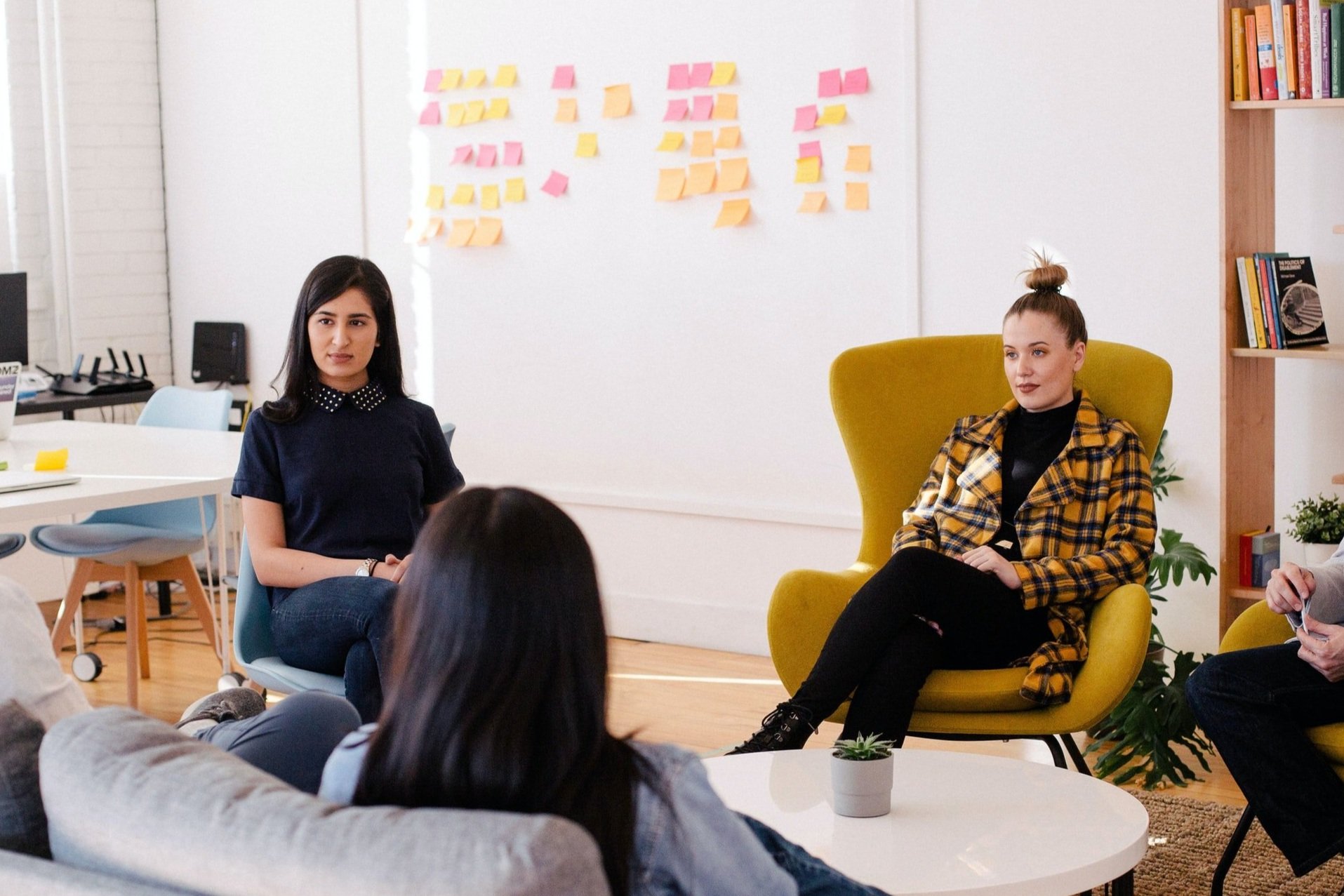
JWI’s Theory of Change: Financial Empowerment
IF WE…
Deliver financial literacy workshops to women of all ages
Support survivors of domestic violence with financial education and job readiness training
Demand legislation that protects women against financial abuse, and creates opportunity for long-term economic security
THEN...
Women will have the knowledge and economic means to control their futures, break the cycle of poverty, and build safe lives for themselves and their children
SO THAT...
We will live in a world free of violence and inequity, where all women and girls thrive.

Achieving long-term economic security is key to personal freedom and independence.
JWI’s Women’s Financial Empowerment Institute (WFEI) supports women and girls to take charge of their financial independence so they can live life safely – and thrive.
Every woman should have the fundamental financial literacy skills to secure her economic independence and long-term security. JWI is committed to making this knowledge base a cornerstone of every woman’s education – by creating innovative financial literacy programs for girls and women of every age, and advancing equal pay policies on Capitol Hill.
Under the umbrella of the WFEI, JWI offers education, advocacy, and training initiatives that help at-risk women and girls gain the resources, skills, and education they need to become independent and financially secure.
Learn more about economic security, reproductive freedom, and civil rights, and read JWI’s 2021 Needs Assessment for insight into the essential need for women’s economic security.
Women’s Financial Empowerment Institute Programs
Systemic Change
Survivor Support
Prevention
Upcoming Events
Recent Events

Economic Security Advocacy for Systemic Change
Prevention
Quotes from the field: Advocates and abuse survivors speak about the importance of financial security.
“Many [abuse survivors] are struggling to find and maintain employment. COVID-19 made this much worse and survivors who often get little or no child support are struggling to provide for their families.”
"Without a job, survivors are stuck in poverty, often leaving them to go back to their abusers because it’s just easier.”
“Had I had a mentor, someone from the community, someone that really understood the story, it would have helped steer me in the right direction. And I wouldn’t have to figure it out on my own."
“We have a client [in our shelter] right now who quit her job because she spent more money on transportation and childcare than she earned.”
"The majority of our clients can’t afford their own lawyers. For the women who are still married to their abuser, the fact that they are married makes it so they don’t qualify for Legal Aid — even if they have no access to that money. So you have a lot of people who are stuck.”
“The needs that we don’t think about are, for example, if someone’s going to school for training, who is watching their kids, and how are they able to feed their family while they’re getting job training?”
“…a huge part of getting out of the cycle of abuse is empowerment, and giving survivors access to being self-sufficient through job growth and learning. It’s a very expensive thing to do on your own, but I was brave enough to take out student loans and get grants.”


















